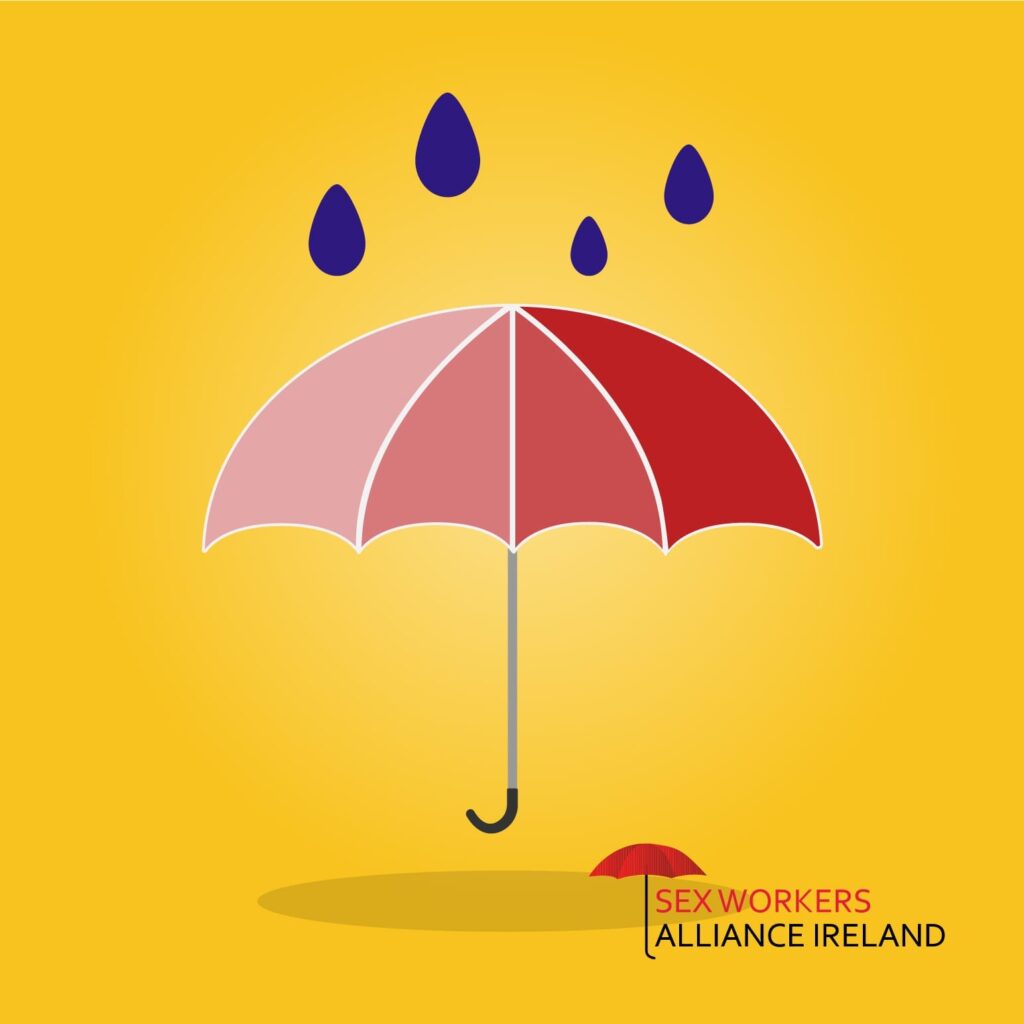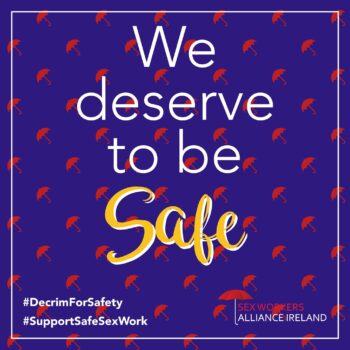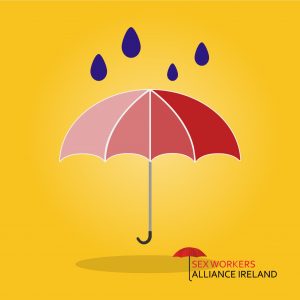
SWAI wholeheartedly condemn the Department of Justice’s Handling of Sex Work Laws Review
The Sex Workers Alliance of Ireland (SWAI) expresses deep disappointment and frustration regarding the Minister for Justice’s written answer to the parliamentary question put forth by Catherine Connolly on the 22nd February. This follows the Minister’s refusal to engage with SWAI on the processes and setbacks that the review of Part 4 of the Criminal Law (Sexual Offences) 2017 report has already undergone.
Mardi Kennedy, director of SWAI said “Sex workers, the primary stakeholders in this review, feel marginalised and unheard. The independent reviewer stepped back recently, and we raised concerns at the time that the knowledge that was gained from the meetings held has been lost. The news that the Department of Justice thinks it can continue this ludicrous process would be laughable if it weren’t so dangerous.”
Linda Kavanagh spokesperson for SWAI added “I was in attendance during the meeting with Maura Butler and I noted that the meeting wasn’t recorded. We know from consultation with the sex workers who were involved that their meetings were not recorded either. How will the assistant to the independent reviewer be able to convey the vital information that sex workers imparted in these meetings to people who were not present through notes?
Active sex workers are the most important voices needed in this review. It is of vital importance for sex workers’ voices in shaping policies that impact their lives. Meaningful inclusion of sex worker’s voices in this process was set out in the terms of reference but this has failed. Full engagement of sex workers has not been attempted.”
She continues “Despite numerous requests, SWAI has not received any response regarding the review process, leading us to demand a scrapping and redoing of the review. The Minister’s ongoing refusal to meet is seen as a disregard for the lived experiences and safety concerns of sex workers under the Nordic model of client criminalisation.
Sex workers are questioning whether ideology is prioritised over evidence, research, and the well-being of the community in this process. The recent setback in the review process further raises concerns about the government’s commitment to understanding the impact of the laws on sex workers’ lives. SWAI demands transparency, meaningful engagement, and a thorough review process to restore trust and credibility.
Would it have been acceptable for the Department of Health to conduct the review of the current abortion law, which, we note, was called for later than this review (2019) and was conducted and published last year? Why are only some women’s issues important to this government? Why are only some women listened to about the policies that shape their lives?
This past year has been especially devastating, marked by the tragic murder of a sex worker in Limerick, low trust in Gardaí, and the annual raids disguised as welfare checks that sex workers regularly endure. SWAI urges the government to address the pressing issues faced by sex workers and to prioritise their safety, well-being, and rights by decriminalising sex work in Ireland.
As we approach the first anniversary of the murer of Geila Ibram, SWAI reiterates its call for the decriminalisation of sex work as a crucial step towards ensuring the safety, rights, and dignity of sex workers in Ireland. SWAI also highlights the impact of criminalisation on sex workers’ mental health, emphasising the need for decriminalisation to address the stigma and structural inequalities that contribute to stress and poor mental health among sex workers. The ongoing harassment campaign, phishing scams, and threats of violence against sex workers underscore the urgency of addressing the harmful effects of criminalisation.
We want to thank Catherine Connolly for her ongoing dedication to ensuring this process comes to a satisfactory conclusion.



 Today, 30th July is World Day Against Trafficking in Person. Ireland continues to languish in the
Today, 30th July is World Day Against Trafficking in Person. Ireland continues to languish in the